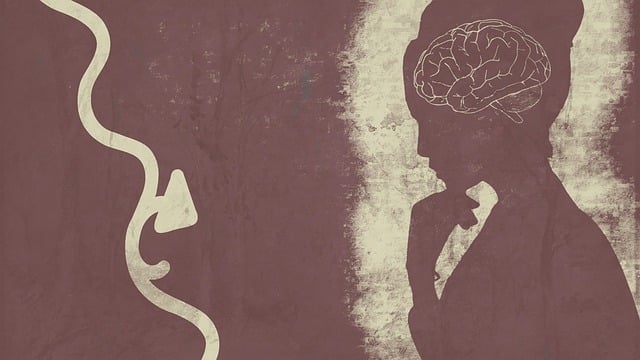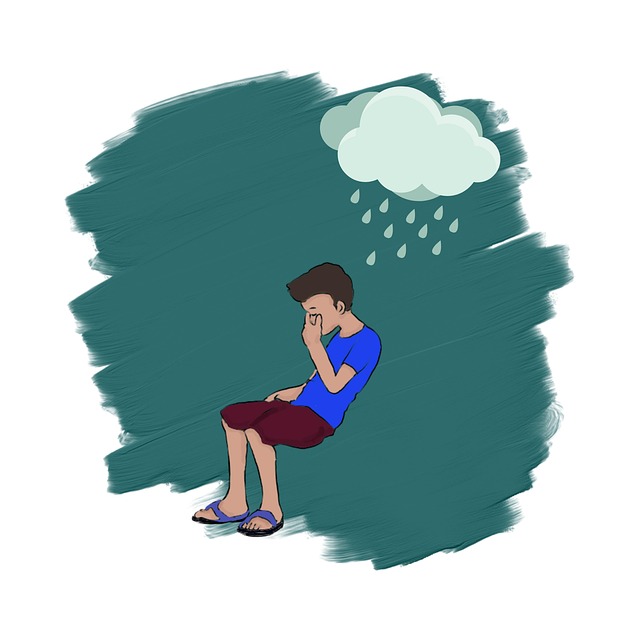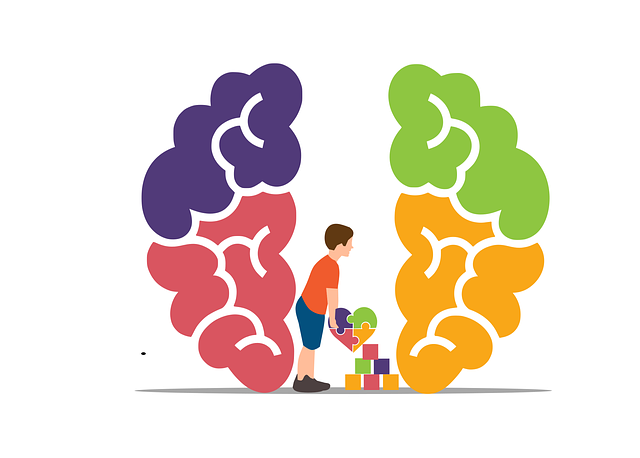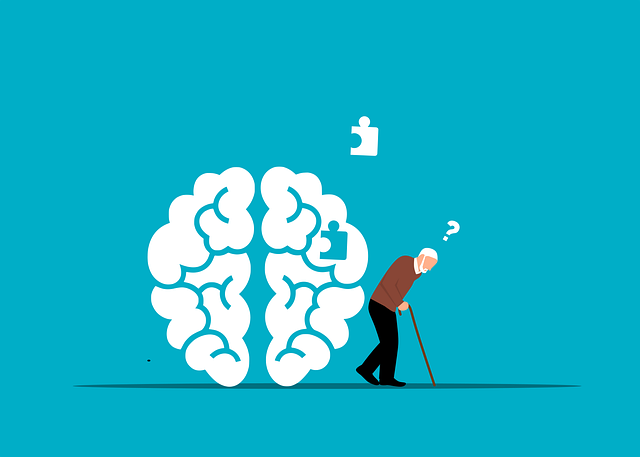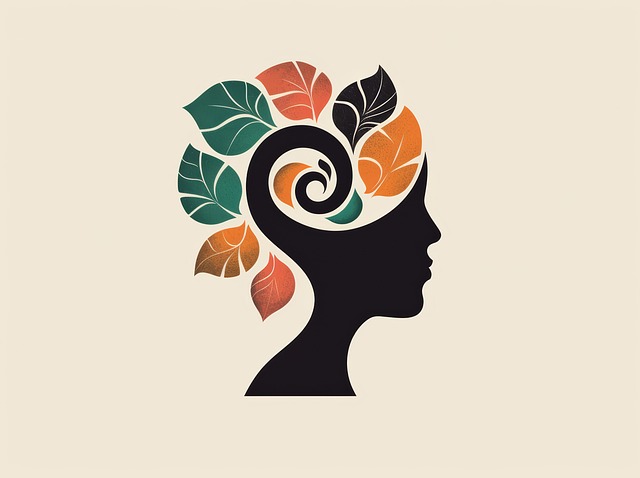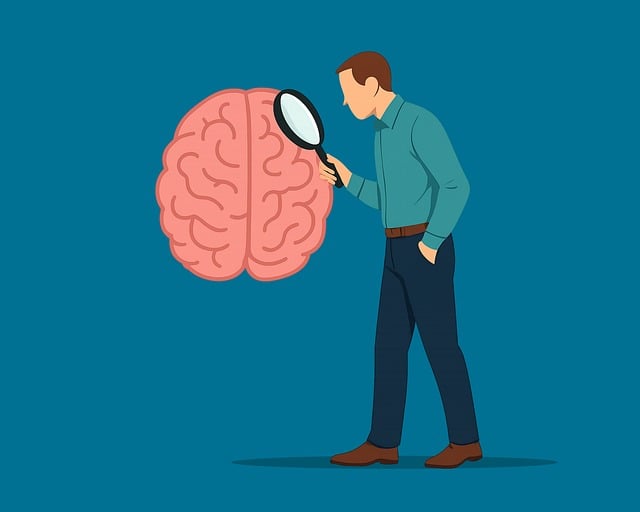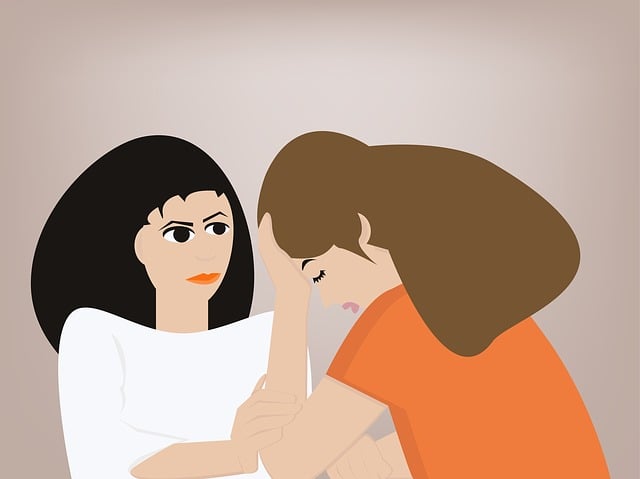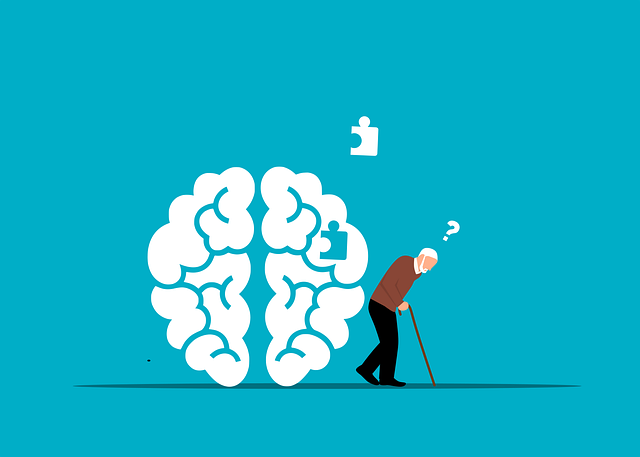In today's digital age, online therapy is a game-changer in providing therapy for elders, especially those facing cultural barriers. By offering remote support, therapists can break down geographical barriers and deliver culturally sensitive care. Key strategies include adapting therapy methods to individual needs, addressing context-specific traumatic experiences, and incorporating community-specific self-care practices. Overcoming language barriers through interpretation services and employing empathy-building techniques are crucial for successful treatment. Online therapy enhances access, prevents burnout, and boosts confidence among elders seeking mental health support.
Cultural sensitivity is a cornerstone of quality mental healthcare, especially when serving elderly clients from diverse backgrounds. This article explores essential aspects of cultural sensitivity in therapy, focusing on online therapy’s role in bridging cultural gaps among elders. We discuss challenges and strategies for cultivating culturally competent practices while highlighting best practices for effective therapy with this vulnerable population. By understanding these considerations, professionals can enhance care delivery through online therapy services.
- Understanding Cultural Sensitivity in Mental Healthcare
- Online Therapy's Role in Bridging Cultural Gaps for Elders
- Challenges and Strategies for Culturally Competent Practice
- Best Practices for Effective Therapy with Elderly Clients from Diverse Backgrounds
Understanding Cultural Sensitivity in Mental Healthcare

Understanding Cultural Sensitivity in Mental Healthcare is paramount, especially when considering the diverse range of patients seeking therapy for elders online. In today’s interconnected world, where self-care routine development for better mental health has become a priority, it’s crucial to provide services that resonate with various cultural backgrounds. This involves recognizing and respecting individual beliefs, values, and traditions, ensuring every patient feels heard and understood.
Cultural sensitivity means adapting therapy methods and approaches to meet the unique needs of each client. For instance, when offering online therapy, considering the digital literacy levels and preferred communication styles of different age groups is essential. Similarly, trauma support services must be culturally responsive, acknowledging that past traumatic experiences can be influenced by cultural contexts. By incorporating self-care practices tailored to diverse communities, mental healthcare professionals can foster inclusive environments, ultimately enhancing the effectiveness of treatment for elders accessing therapy remotely.
Online Therapy's Role in Bridging Cultural Gaps for Elders

In today’s digital era, online therapy has emerged as a powerful tool to bridge cultural gaps in mental healthcare, especially for elders who may face barriers to accessing traditional services. This innovative approach allows professionals to provide therapy for elders remotely, overcoming geographical constraints and ensuring culturally sensitive care. Many elders, particularly those from diverse backgrounds, often have unique needs and perspectives shaped by their cultural heritage. Online platforms enable therapists to connect with these individuals in a safe and confidential virtual space, fostering an environment conducive to open dialogue.
By utilizing online therapy, mental health professionals can offer trauma support services tailored to address cultural trauma and intergenerational healing. Moreover, organized stress management workshops and burnout prevention strategies for healthcare providers can be incorporated into these online sessions, empowering elders with coping mechanisms while also supporting the well-being of caregiving professionals. This inclusive approach ensures that elders from diverse communities receive the support they need, promoting better mental health outcomes and stronger cultural connections.
Challenges and Strategies for Culturally Competent Practice

In the pursuit of culturally competent mental healthcare, practitioners often encounter challenges when engaging with older adults from diverse cultural backgrounds. One significant hurdle is the potential language barrier, which can hinder effective communication and understanding of unique cultural perspectives. This is particularly relevant in online therapy settings, where access to interpretation services is crucial for successful treatment. For instance, when providing therapy for elders online, ensuring seamless translation and accommodating different dialects or less commonly spoken languages is essential to build trust and foster open dialogue.
To overcome these challenges, healthcare professionals should employ empathy-building strategies and adapt their practices. One effective approach is to actively learn about the patient’s cultural background, customs, and beliefs. This knowledge allows therapists to create a safe and respectful environment, demonstrating a genuine interest in understanding their experiences. Moreover, incorporating culturally sensitive techniques, such as encouraging family involvement or tailoring therapy sessions to incorporate traditional cultural practices, can enhance the therapeutic process. By doing so, mental healthcare providers not only improve access to care for diverse populations but also contribute to burnout prevention and boost confidence among elders seeking online therapy.
Best Practices for Effective Therapy with Elderly Clients from Diverse Backgrounds

When providing therapy for elderly clients from diverse backgrounds, cultural sensitivity is paramount. It involves understanding and respecting their unique beliefs, values, and traditions while ensuring effective communication and treatment. Best practices include establishing a safe, non-judgmental environment, actively listening to and validating the client’s experiences, and incorporating culturally relevant techniques. For instance, incorporating elements of traditional healing practices or spiritual rituals can significantly enhance therapy sessions for elders from diverse cultural contexts.
Online therapy offers a convenient option for elderly clients who may face barriers such as mobility issues or living in remote areas. However, it requires extra care to bridge the digital divide and ensure accessible, inclusive services. Compassion cultivation practices can play a vital role here by fostering empathy and understanding between therapist and client, regardless of age or cultural background. Additionally, incorporating mood and stress management workshops tailored for older adults can empower them with coping mechanisms that are sensitive to their specific needs and experiences.
Cultural sensitivity is paramount in mental healthcare, especially when treating elderly clients from diverse backgrounds. As online therapy gains prominence, it offers a promising solution for bridging cultural gaps, providing accessible and inclusive support to elders across different communities. By understanding the unique challenges and implementing best practices, therapists can offer culturally competent care, ensuring that every client receives effective treatment tailored to their specific needs. Embracing these strategies is essential in promoting mental well-being within a diverse population, specifically targeting the unique requirements of elderly individuals through online therapy services.
